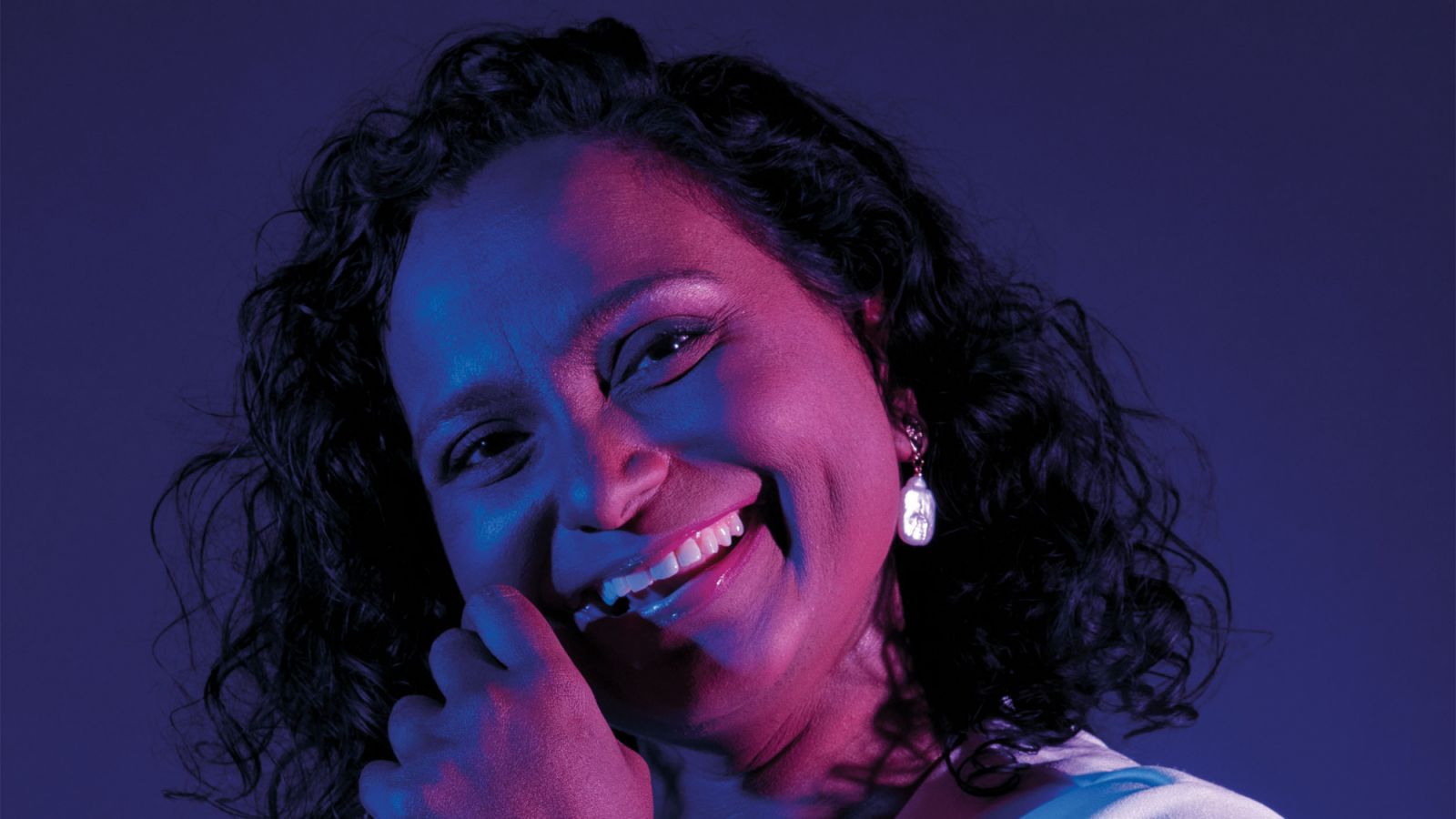Three home‐grown businesses share how they are maximising the value of resources by adopting a circular economy approach to sustainability. Here, Ocean Purpose Project founder Mathilda D’silva shares how the reason behind her passion for ocean conservation is a personal one
Ocean plastic pollution is one of the most pressing environmental issues pervading our world today, posing huge threats to our planet and life on it. In response, many organisations passionate about ocean conservation are fighting to end the plastic pollution problem through clean‐ups, advocacy and more. While they all have a common goal, their reasons and motivations may vary. For Mathilda D’silva, her founding of Ocean Purpose Project (OPP) did not originate as a business idea, a social enterprise or even a movement. Rather, her purpose was a very personal one, stemming from an unexpected and traumatic experience.
In 2015, D’silva was in Boracay, Philippines, to represent Singapore in a dragon boat competition. Afterwards, she developed three autoimmune conditions and multiple other bodily reactions. “I didn’t realise at the time that I was being exposed to raw sewage and chemicals that were being pumped into the ocean and polluting it heavily,” says D’silva, who was the head of community of the social media division at Mediacorp’s Digital Group at the time. The former TV producer and finalist on the reality TV singing competition Singapore Idol admits: “Frankly, I didn’t know how to deal with that. Because I’m somebody who is always in control of a situation, or able to do 10,000 things at the same time. I can sing, I can act, I can direct, and I love cycling and being outdoors, so to see myself slowly not being able to even speak was very difficult. Sometimes, I can’t articulate a word, I lose my train of thought or just yesterday, I was continually tripping and falling.”
Read more: Rumah Group’s Kathlyn Tan on channelling her passion for scuba diving to help save the ocean
Faced with these new challenges, D’silva sought to discover the purpose behind it all, starting with joining beach clean-ups organised by non‐governmental organisations. But more trash would always wash up on the shore; while necessary, these clean-ups did not solve the problem of the pollution that made her sick. Undeterred in her mission, she decided to start something of her own and founded OPP. “I wanted to find a sense of purpose in all of this pollution and do it in my own way,” she says. OPP aims to be a disruptor in ocean conservation and plastic pollution prevention through its three main projects: creating the world’s first mobile plastic-to-fuel unit that converts plastic waste into hydrogen; bioremediation—specifically, the production of bioplastics made from the seaweed and mussels that are used to filter out toxins at kelongs (floating fish farms); and engaging with the community to bring about behavioural change.
“The core of OPP is really about partnerships. We’re bringing the community together, looking at the science around things, figuring out how we operationalise it, testing it, and going out [into] the field and exploring,” D’silva explains. “I love meeting and having conversations with cool people, from scientists to fishermen to fashion [designers like the one] we’re working with to make fabric out of seaweed.”
In case you missed it: 6 watch brands that are doing their part for marine and ocean conservation
